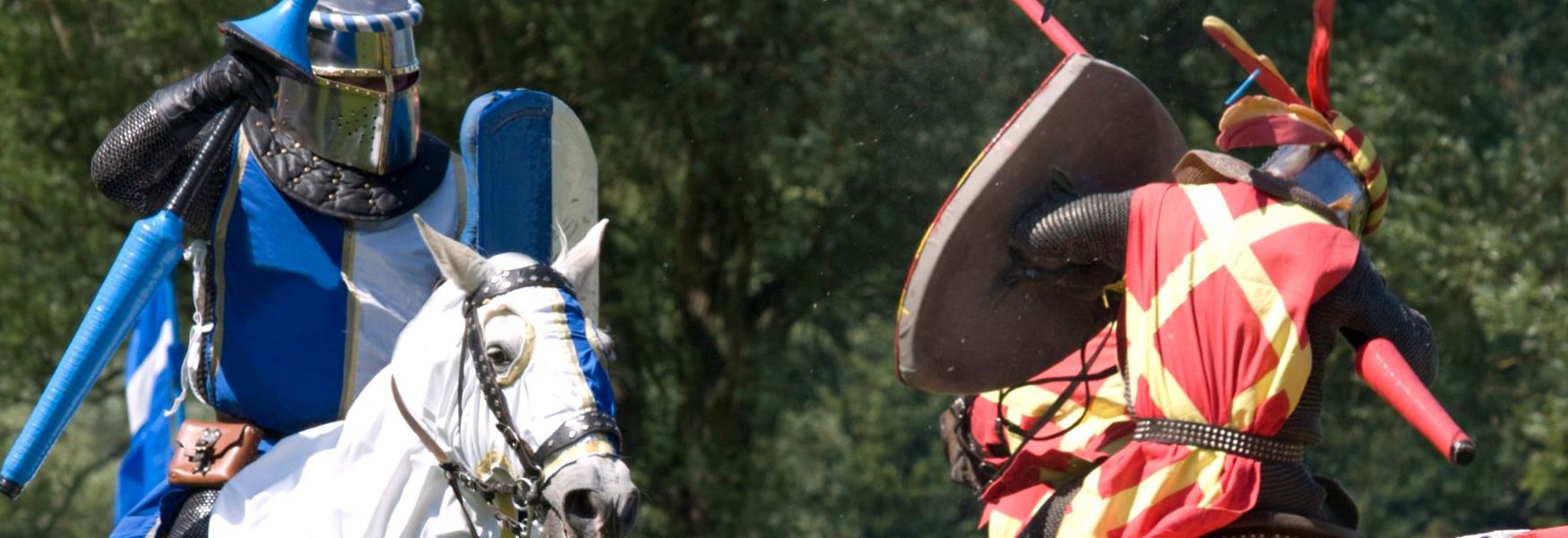Medieval England became a patriarchal society and women’s lives were influenced by this greatly. Depending on whether you were married, unmarried, widowed, rich, poor or from the north or south would also greatly depend on your rank in society and women typically had fewer life choices, employment and legal rights than their male counterparts.
Noble women
In terms of class, noblewomen enjoyed considerable rights and status compared to those of a lower class. Many of those form a higher class were abbesses and used this position to gain considerable power within the church, this time also had several female leaders, including queens who held their own lands and households.
Women after the Norman invasion
The position of women in society changed after the Norman invasion. The rights and roles of women developed as part of the new feudal system of society and the expansion of the legal system. For instance, widows were granted the legal right to keep their own property however, it was also perfectly legal for them to be married against their will, therefore forcibly removing property from them and giving it to her new husband.
The growth in the feudal system also led to a decrease in women being leaders or bishops and other roles, became more defined, for instance, physical work in agriculture became dominated by men, while women dominated in areas like milking cows.
During this time, women were not allowed to lead military forces, but many would be forced into defending towns and homes while their husbands were away. Typically, women would have worked the land as part of the agricultural community or been employed as brewers or bakers. After the Black Death, which left many women widowed and destroyed the larger economy and labour market, women were able to gain more employment, particularly as servants or in making clothes, they were however completely pushed out of certain industries all together.
